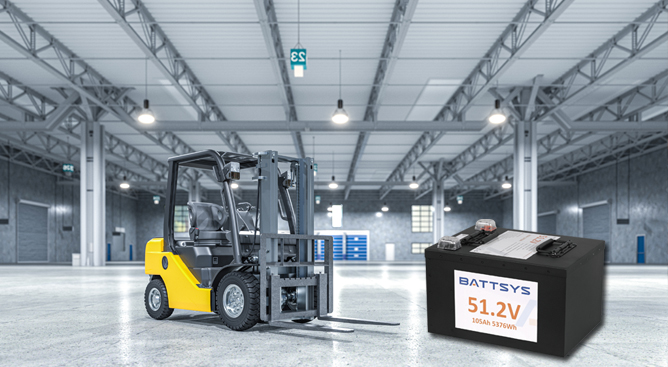Before the widespread application of power lithium batteries, lead-acid batteries were the main source of power for industrial vehicles, especially electric forklifts. With the rapid development of new energy battery technology and the decreasing cost of power lithium batteries, the sales and ownership of electric forklifts continue to increase, and the market for the batteries they are equipped with is also quietly changing. With the tilt of national policies, market orientation towards energy conservation and environmental protection, and the continuous strengthening of environmental awareness, it is inevitable that lithium batteries will gradually replace lead-acid batteries in the next 3-5 years.
Nowadays, "lithium batteries" have been completely integrated into our lives, and our commonly used mobile phones, electric vehicles, and power banks all use lithium batteries. Due to different applications, the requirements for lithium batteries also vary greatly, so there are many types of lithium batteries. Performance, durability, lifecycle time, and cost all depend on the type of battery chemistry and battery type used. Generally speaking, forklift manufacturers will customize or develop corresponding lithium batteries to provide maximum safety and integration, while maintaining the overall quality and reliability of the forklift.
Longer service life: Forklift lithium batteries have a long service life. With the further development of lithium-ion battery technology, the lifespan of the battery can reach about 3000 capacity cycles, which has significant advantages compared to traditional lead-acid batteries that require over 1000 charging cycles. In most applications, the same lifespan of a lithium-ion battery is equivalent to three to four lead-acid batteries. In addition, the service life of traditional lead-acid batteries is also affected by later maintenance, such as leakage, lack of proper cleaning and charging, or unbalanced lead-acid batteries, which will greatly reduce their lifespan.

Two maintenance is more convenient: No maintenance is a major advantage of lithium-ion batteries, which can reduce labor costs and improve productivity. Traditional lead-acid batteries require weekly maintenance and upkeep to maintain their health. Lead acid batteries have a high labor intensity, and if not maintained properly, their lifespan can be greatly shortened. Lithium ion forklift batteries, on the other hand, do not require any daily maintenance except for checking cables and connectors and wiping dust.
Three fast charging is more convenient: One of the main advantages of lithium-ion batteries is that they are designed with convenience in mind, especially in fast charging. Whenever possible, they can be simply plugged into a power source, even if it's only for a few minutes. It can provide longer charging capacity, even if it cannot be fully charged, it can be stopped and recharged during the idle period after completing the task.
Better safety: Forklift lithium batteries require less maintenance and therefore are a safer choice. The battery is completely sealed and its normal state is very stable. So there are no issues of corrosion, vulcanization, acid overflow or pollution, which is also beneficial to the environment. The BMS system can communicate with forklifts and send information about battery status, such as discharge level, which is visible on standard forklift displays. If any problems occur, an error code will be displayed, and in the worst case, the battery will automatically shut down the forklift in a safe manner. To provide maximum security, performance, and reliability.
E-Mail: inquiry@fentbattery.com
Tel: 0086 20 3901-1403
Address: No.3, Dongli Road, Xili, Dongyong Town, Nansha District, Guangzhou City, China
Copyright@ China lithium ion battery manufacturers & suppliers & producers | Lithium Battery Factory & Company-BATTSYS Sitemap